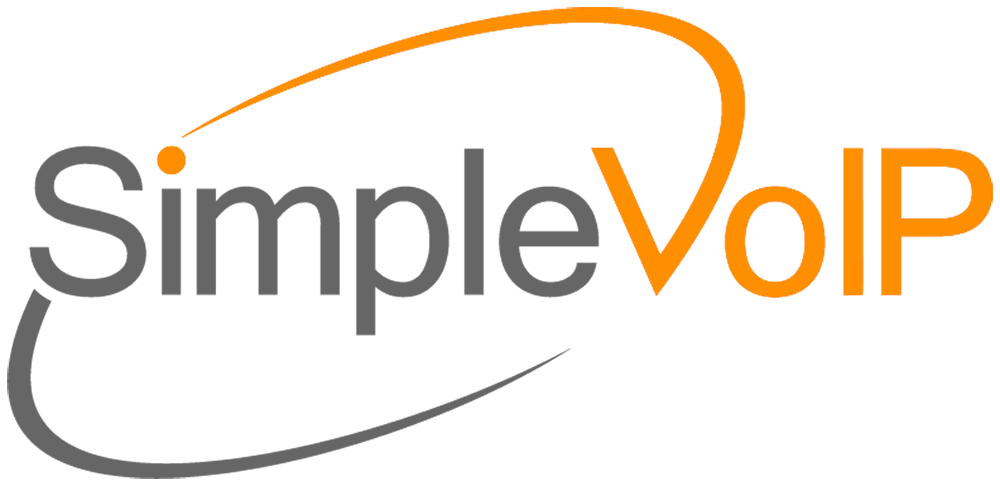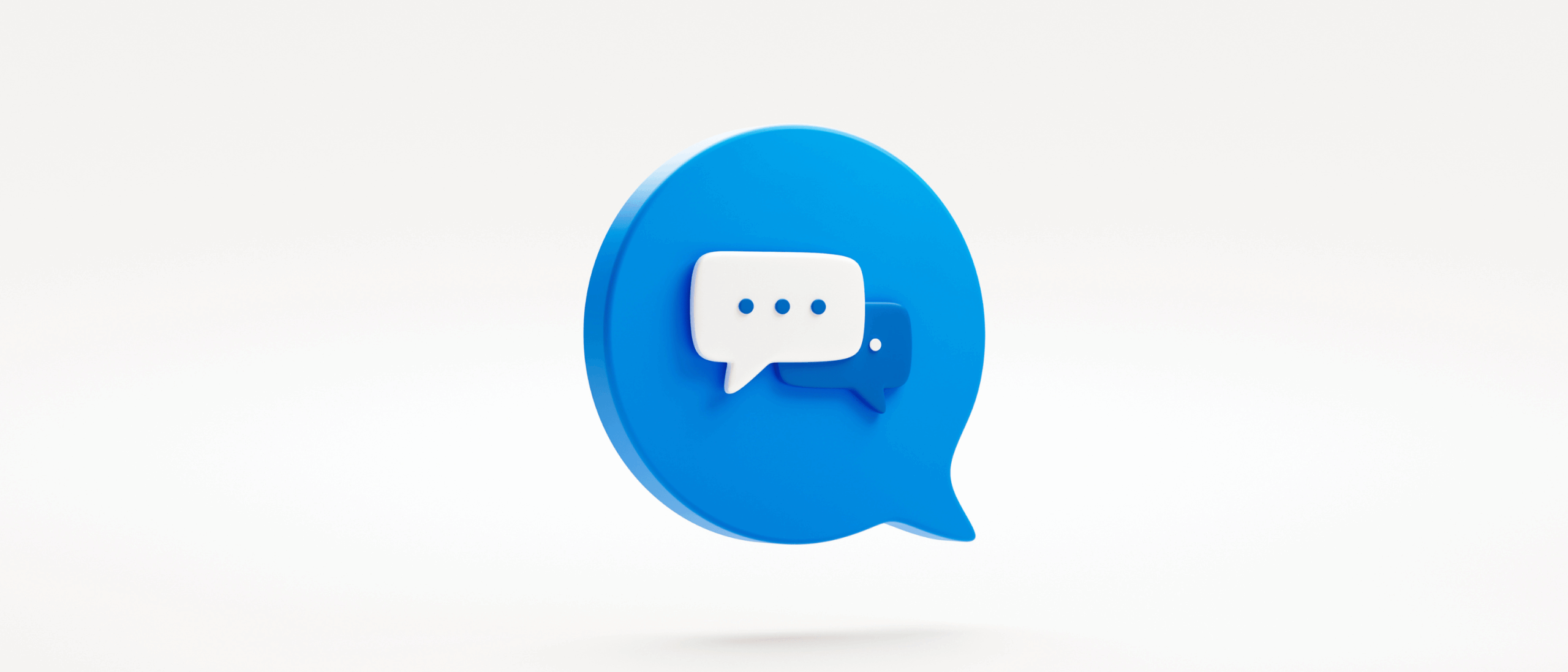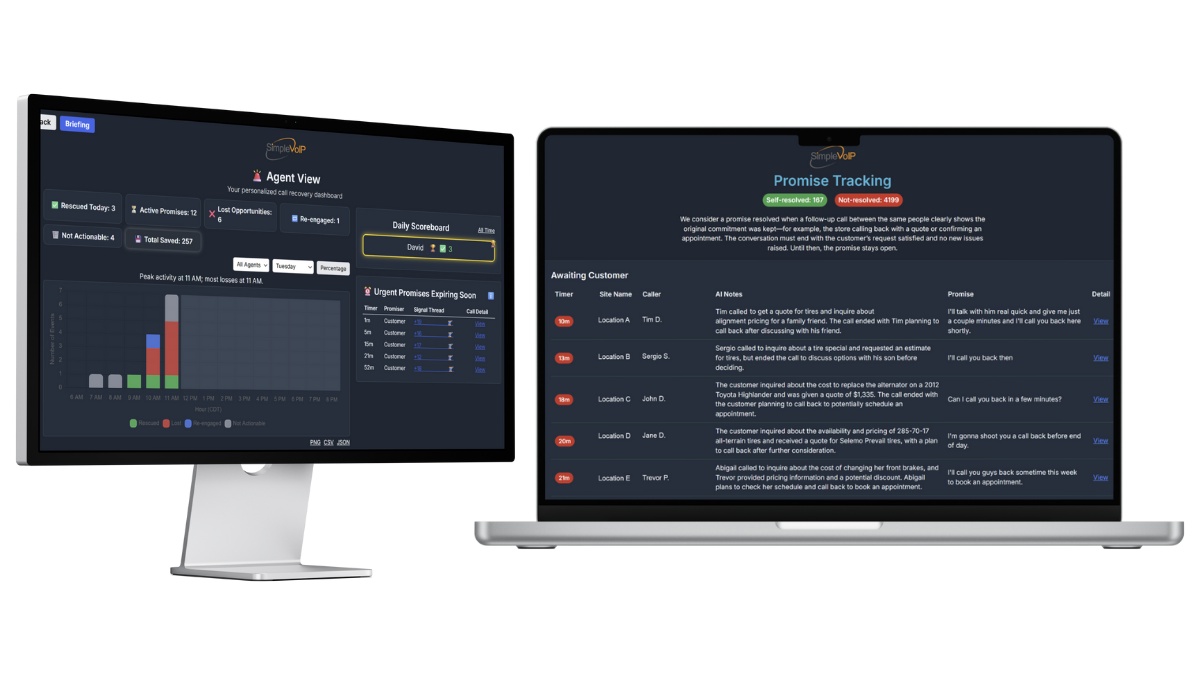One of the most critical pieces of legislation affecting companies’ operations in the health industry is the Health Insurance Portability And Accountability Act of 1996 (HIPAA).
The Health Insurance Portability and Accountability Act (HIPAA) protects patients’ medical information. The act mandates healthcare companies to safeguard the information they collect and transmit from and to their patients. This includes personally identifiable information, such as medical records. Personal Health Information (PHI) or Electronic Protected Health Information (EPHI) refers to the information that is stored, saved, or transferred in electronic form.
This act requires businesses to take certain precautions when it comes to the handling of their customers’ health information. Having the proper equipment and resources that are HIPAA-compliant is vital to ensure that their CRM and communication systems are secure.
A Common Misconception
Many people think that HIPAA is only a set of regulations that apply to certain types of healthcare providers. But, in reality, it has broadened the scope and definition of compliance.
The scope of this act has significantly broadened over time because not only does it apply to hospitals, private health practices, or health insurance companies, but it also covers other businesses that provide services to the healthcare industry. As a result, even non-healthcare organizations such as communications or software companies not directly involved in the healthcare industry are also affected by the act’s requirements.
Types of Data Included in the HIPAA
Besides the patients’ names, addresses, and medical details that are stored in a database, data covered in the HIPAA also includes handwritten records and recorded phone calls. So, suppose you’re running a healthcare-related business, such as a dental office or a contact center focused on health insurance. In such a case, you must ensure that all your communications are secure by using a trusted VoIP provider.
Is VoIP HIPAA Compliant?
If you’re using VoIP to make calls, are you HIPAA compliant? The rules of the Health Insurance Portability and Accountability Act of 1996 (HIPAA) make it clear that if data is being saved, it needs to be handled in a certain way.
For instance, in order to comply with HIPAA regulations, a provider of voicemail services must ensure that its products and services are secure and protected from unauthorized access. This can be done through a Business Associate Agreement, clearly stating the company’s security measures and privacy policies.
Since VoIP is considered a unified communications service, data processors must ensure each element in their VoIP system interacts with each other so that data will stay 100% secure.
Certain types of communications, such as paper-to-paper fax and VoIP systems exclusively used for pure real-time voice-only communications, would be exempt from the HIPAA Act. However, voicemails and other forms of media, such as text messages and call recordings, are stored data that are part of a VoIP system. Meaning VoIP providers are mandated by law to follow HIPAA regulations, especially when dealing with companies in the healthcare industry.
SimpleVoIP is HIPAA-Compliant
At SimpleVoIP, we use high-level encryption techniques to protect sensitive data. These include methods such as Transport Layer Security, Virtual Private Networks, and Secure Real-time Transport Protocol encryption, which is not required but is still excellent end-to-end encryption for all phone calls.
We also prevent unauthorized access to data by providing unique user IDs after authenticating phones. Our main priority as a company is to offer top-notch communication services to our clients while securing their data and providing them with the utmost privacy they need.
If you are looking for a communications provider that can provide a Business Associate Agreement to help you document your company’s compliance, give us a call. We are entirely HIPAA-compliant and can help you create a system that allows you to manage your patients’ data securely.




